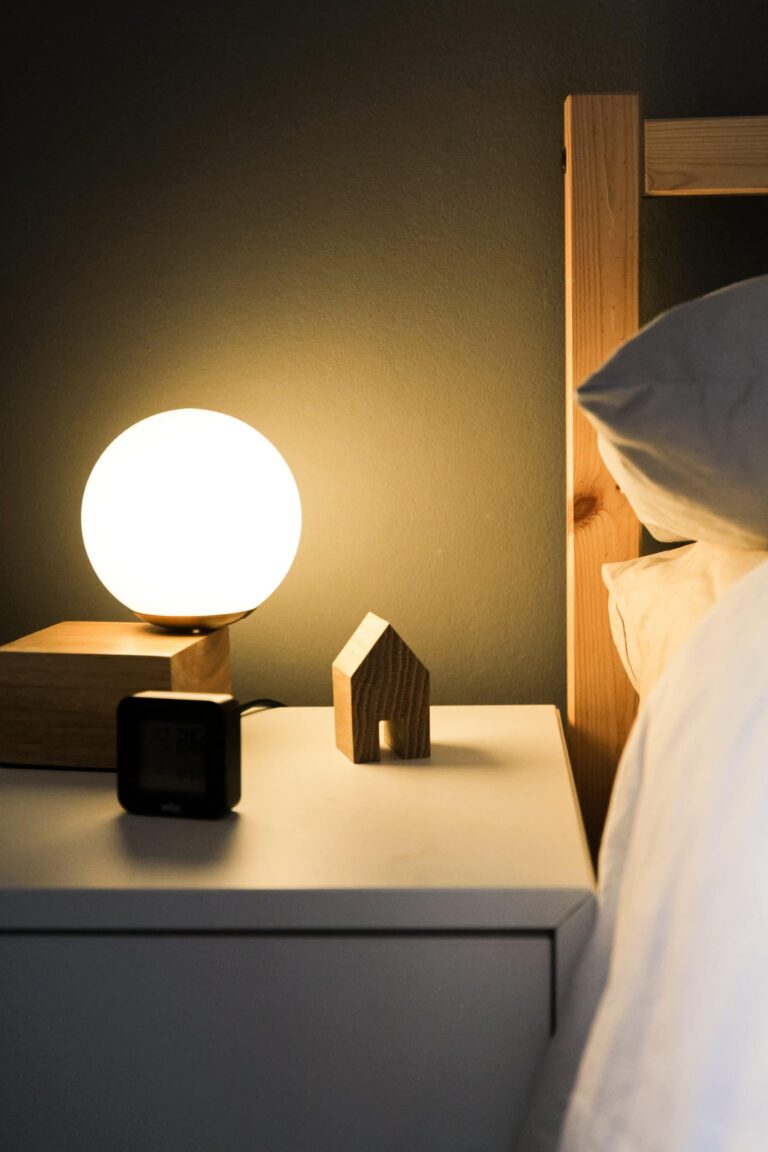Hearing aids are a valuable investment in not just your hearing, but your overall physical, mental and emotional well-being. Among the many benefits of hearing aids are:
- Decreased feelings of depression, anxiety and anger
- Decreased risk of dementia and cognitive decline
- Improved balance and decreased risk of falls
- Improved ability to focus
- Increased social interactions and less isolation
- Renewed confidence to navigate the world on your own
With a device this valuable, you want to make sure they are being properly cared for. One aspect of that is storing your hearing aids in a safe and reliable spot. Let’s examine some of the best and worst places to store your hearing aids, as well as what the ideal conditions for hearing aid storage entail.
Store Your Hearing Aids Here

- Drying boxes or dehumidifiers. Both options keep your hearing aids safe and functioning properly by removing excess moisture. Moisture buildup can cause weakened hearing performance and shorten the lifespan of your device. If you use a drying box, just make sure to remove the battery before putting your hearing aids inside to avoid battery damage.
- A jewelry box or sock drawer. While not as high-tech as a drying box, both jewelry boxes and sock drawers offer cool, dry and convenient environments to store your hearing aids.
- Uncooked rice. While not an everyday recommendation, uncooked rice can come in handy if your hearing aids accidentally get wet. Leaving your hearing aids in uncooked rice for a few hours should help remove excess moisture from your device and prevent water-related damage. Next time you’re at Food City Supermarkets consider picking up an extra bag of rice just in case!
Never Keep Your Hearing Aids Here
- While bathrooms offer convenience since you are usually in there in the morning washing your face and brushing your teeth, they don’t offer a safe environment for your hearing aids. Bathrooms are too warm and humid, especially after a hot shower.
- Freezers and refrigerators. You may have heard that freezers and refrigerators are a good place to store batteries because the cold conditions help prolong battery life. However, just like bathrooms, both these options expose your hearing aids to far too much moisture and risk damaging the device.
- Anywhere exposed to direct sunlight. While dry is good, direct sunlight can damage the heat-sensitive parts of your hearing aids. Always aim for cool, dry and easily accessible places to keep your hearing aids safe when they are not in use.
To learn more about caring for your hearing aids or to schedule an appointment with a hearing aid expert, contact Tinnitus & Hearing Experts today.